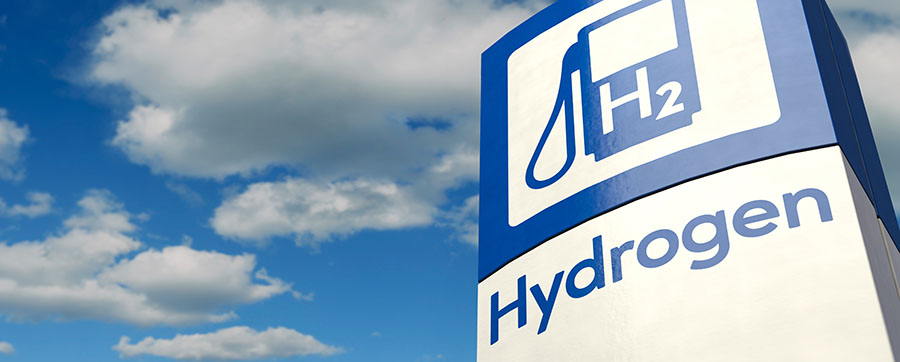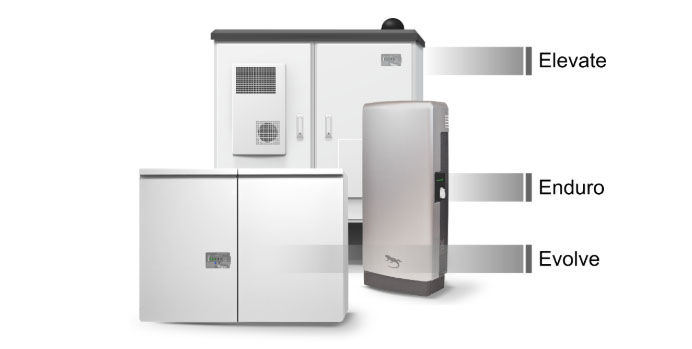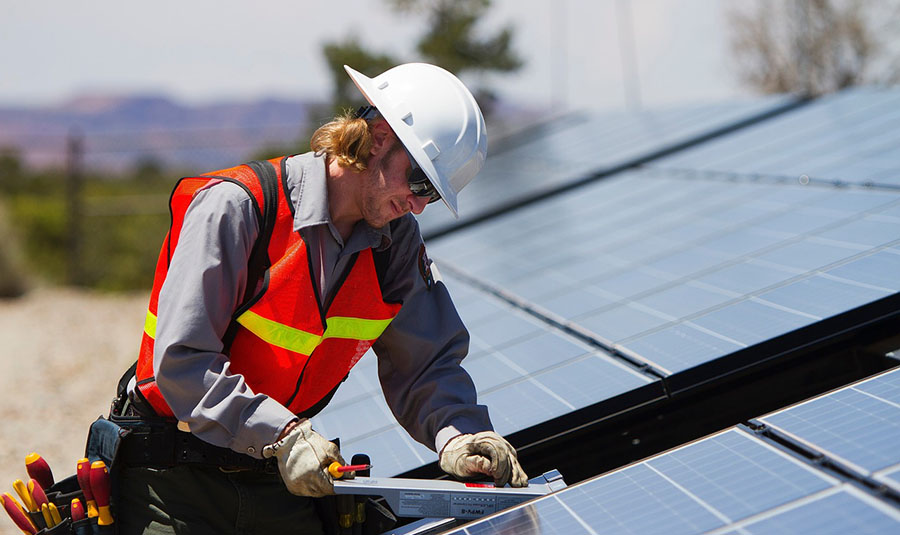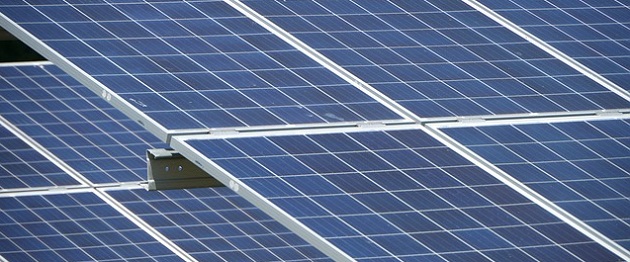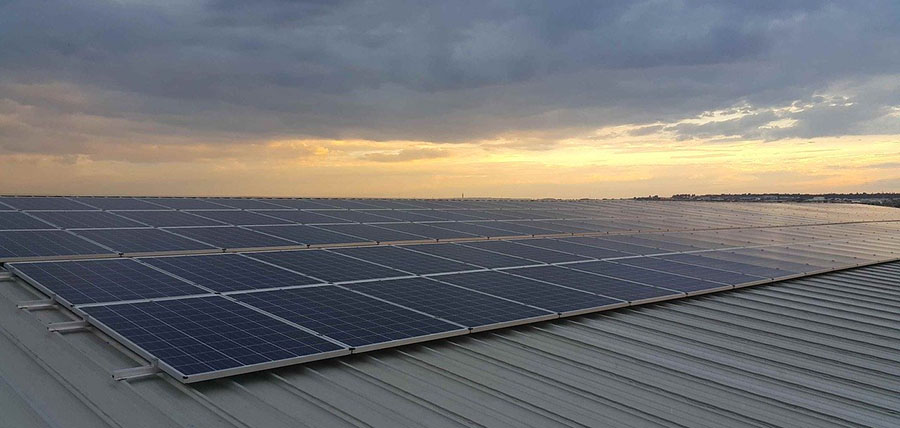Germany Trims Solar Subsidies
Source: Associated Press (1/24/11)
"High demand has driven down costs, making it possible to move up planned subsidy cuts without curbing the sector's growth."
Germany's government and an industry group said Thursday they have agreed to trim solar power subsidies by up to 15% this year as demand thrives in the country, a leading producer and user of the renewable energy source.
High demand for solar energy equipment has driven down costs, making it possible to move up planned subsidy cuts without curbing the sector's growth, Environment Minister Norbert Roettgen said.
"We want a reliable expansion of solar energy, but we also want to use the potential for cost reduction," Roettgen told journalists in Berlin.
Germany has been heavily subsidizing solar power and other renewable energies since 2000, prompting an industry boom.
Guenther Cramer, who heads Germany's solar industry association, said a subsidy cut planned for 2012 will be advanced to this July so long as officials are confident that this year's sales of photovoltaic devices will top 3.5 gigawatts of capacity—about half last year's level.
The industry hopes to reduce costs so that it will no longer need any subsidies from 2017.
The companies want to increase solar energy's share in Germany's overall energy production from about 2% now to 10% by 2020, taking capacity to 70 gigawatts.
Currently, power grid owners are obliged by law to buy solar power well above market prices at €0.29 (US$0.39) per kilowatt hour—providing a strong incentive to households and companies to install photovoltaic devices.
But grid owners often pass on to consumers the extra cost. The overall cost for consumers totaled an estimated €13B last year.
Roettgen defended the subsidies for the country's solar energy sector—which faces increasingly stiff competition from China—as a model for successful economic programs.
"If you want to keep costs in check while ensuring photovoltaic's further expansion, then this is the best way," Roettgen said.
High demand for solar energy equipment has driven down costs, making it possible to move up planned subsidy cuts without curbing the sector's growth, Environment Minister Norbert Roettgen said.
"We want a reliable expansion of solar energy, but we also want to use the potential for cost reduction," Roettgen told journalists in Berlin.
Germany has been heavily subsidizing solar power and other renewable energies since 2000, prompting an industry boom.
Guenther Cramer, who heads Germany's solar industry association, said a subsidy cut planned for 2012 will be advanced to this July so long as officials are confident that this year's sales of photovoltaic devices will top 3.5 gigawatts of capacity—about half last year's level.
The industry hopes to reduce costs so that it will no longer need any subsidies from 2017.
The companies want to increase solar energy's share in Germany's overall energy production from about 2% now to 10% by 2020, taking capacity to 70 gigawatts.
Currently, power grid owners are obliged by law to buy solar power well above market prices at €0.29 (US$0.39) per kilowatt hour—providing a strong incentive to households and companies to install photovoltaic devices.
But grid owners often pass on to consumers the extra cost. The overall cost for consumers totaled an estimated €13B last year.
Roettgen defended the subsidies for the country's solar energy sector—which faces increasingly stiff competition from China—as a model for successful economic programs.
"If you want to keep costs in check while ensuring photovoltaic's further expansion, then this is the best way," Roettgen said.


